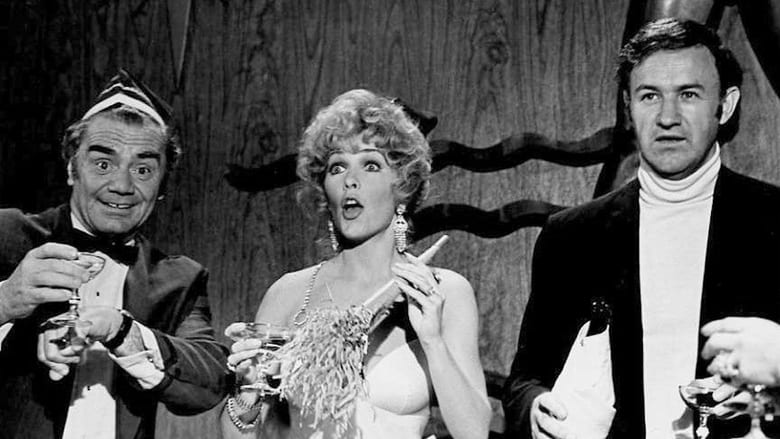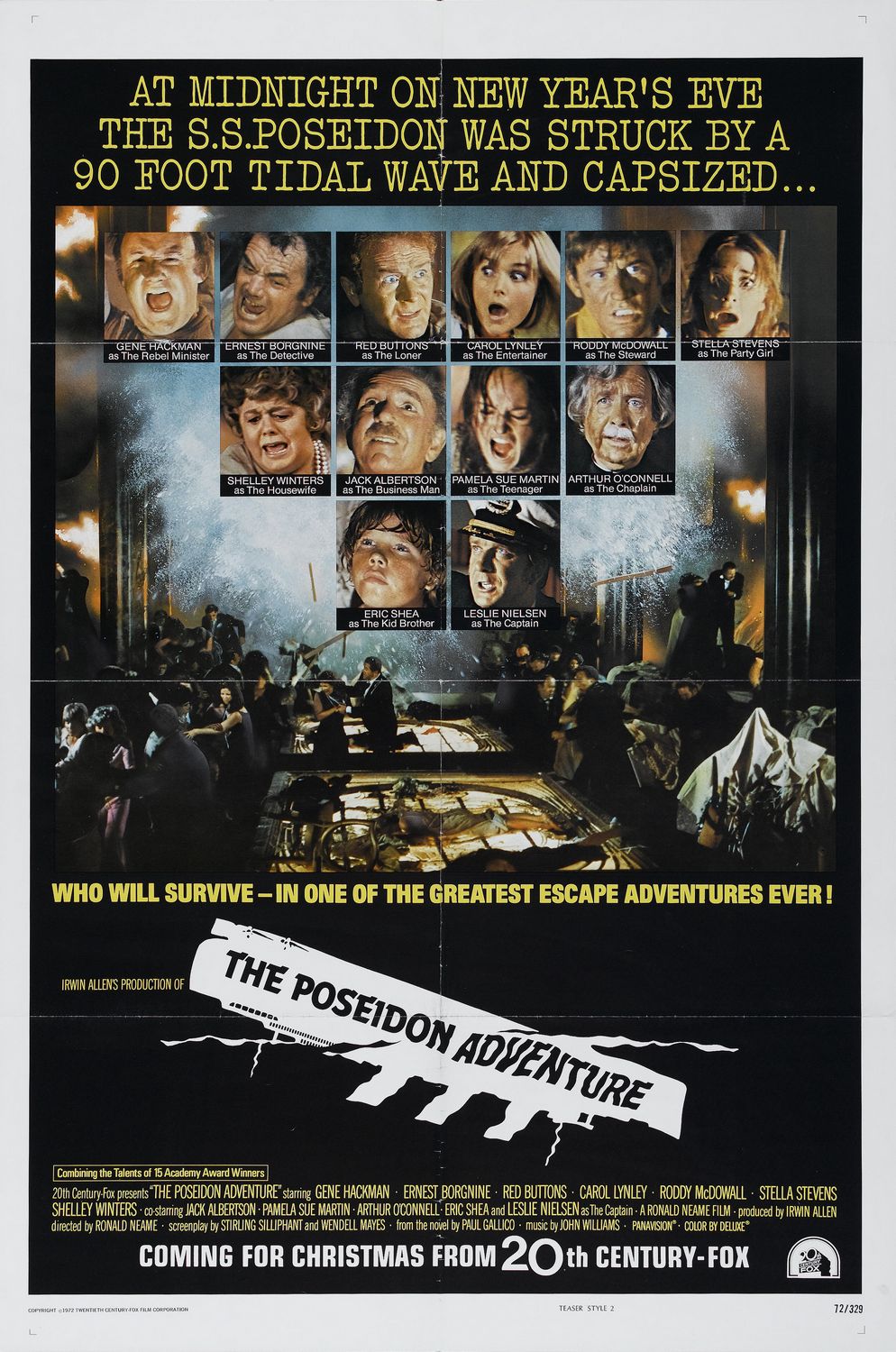

On December 25, 1949, Gallico's short story "'Twas the Night Before Christmas" was dramatized as Attraction 66 of the NBC radio series Radio City Playhouse. It is a timeless legend that makes use of every timeless appeal that could be crowded into it." A public library puts it on a list of "tearjerkers." Gallico made no apologies, saying that "in the contest between sentiment and 'slime,' 'sentiment' remains so far out in front, as it always has and always will among ordinary humans that the calamity-howlers and porn merchants have to increase the decibels of their lamentations, the hideousness of their violence and the mountainous piles of their filth to keep in the race at all."

Critic Robert van Gelder called it "perhaps the most sentimental story that ever has achieved the dignity of a Borzoi imprint. The Snow Goose was published in 1941 in The Saturday Evening Post and won the O. (The protagonist saves an Austrian princess, wins her love and takes charge of her young son – who, the book hints, is fated to become the new Habsburg Emperor once the Nazis are driven out of Austria.) Gallico's Austrian background is evident in the book's strong Habsburg Monarchist theme. It depicts the comic adventures of a modern American knight-errant visiting Europe on the verge of World War II and waging a single-handed, quixotic struggle against the Nazis in various countries. In 1939, Gallico published The Adventures of Hiram Holliday, known for its later television adaptation with Wally Cox. Once upon a time there were two apes.' And I'd tell them a story about two cavemen."

If I had lived 2,000 years ago I'd be going around to caves, and I'd say, 'Can I come in? I'm hungry. I just like to tell stories and all my books tell stories. Gallico once confessed to New York magazine: "I'm a rotten novelist. His novella The Snow Goose and other works are expanded versions of his magazine stories. In the late 1930s, he abandoned sports writing for fiction, first writing an essay about this decision entitled "Farewell to Sport" (published in an anthology of his sports writing, also titled Farewell to Sport (1938)), and became a successful writer of short stories for magazines, many appearing in the then-premier fiction outlet, The Saturday Evening Post. ( May 2021) ( Learn how and when to remove this template message) Unsourced material may be challenged and removed. Please help improve this article by adding citations to reliable sources in this section. This section needs additional citations for verification.
#POSEIDON ADVENTURE MOVIE#
His book, Lou Gehrig: Pride of the Yankees (1941) was adapted into the sports movie The Pride of the Yankees (1942), starring Gary Cooper and Teresa Wright. He became one of the highest-paid sportswriters in America. He followed up with accounts of catching Dizzy Dean's fastball and golfing with Bobby Jones. Gallico described how it felt to be knocked out by the heavyweight champion. Gallico's career was launched by an interview with boxer Jack Dempsey in which he asked Dempsey to spar with him. In the same book, Gallico later explained why he thinks Jewish people are drawn to and good at basketball, "The game places a premium on an alert, scheming mind, flashy trickiness, artful dodging and general smart aleckness." In 1937, in Gallico's "Farewell to Sport" he stated, "For all her occasional beauty and unquestioned courage, there has always been something faintly ridiculous about the big-time lady athletes." He first achieved notice in the 1920s as a sportswriter, sports columnist, and sports editor of the New York Daily News. Gallico's graduation from Columbia University was delayed to 1921, having served a year and a half in the United States Army during World War I. His father was the Italian concert pianist, composer and music teacher Paolo Gallico ( Trieste, – New York, July 6, 1955), and his mother, Hortense Erlich, came from Austria they had emigrated to New York in 1895. Gallico was born in New York City in 1897. He is perhaps best remembered for The Snow Goose, his most critically successful book, for the novel The Poseidon Adventure, primarily through the 1972 film adaptation, and for four novels about the beloved character of Mrs. Many of his works were adapted for motion pictures. Paul William Gallico (J– July 15, 1976) was an American novelist and short story and sports writer.


 0 kommentar(er)
0 kommentar(er)
